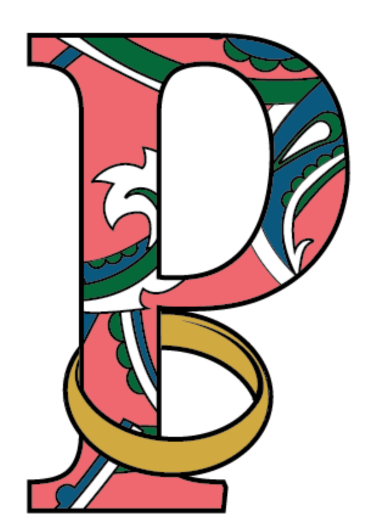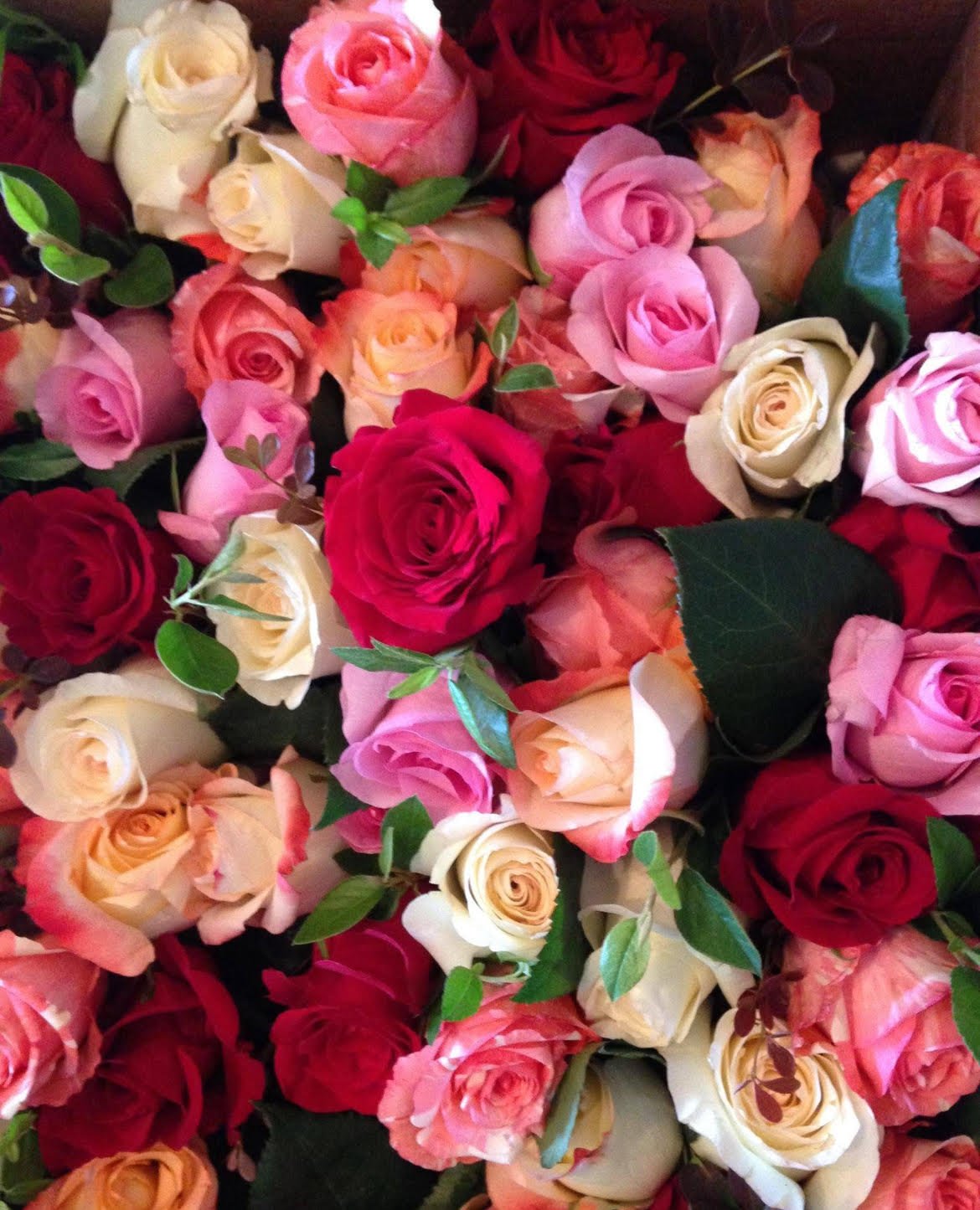Meet Diane: Coaching Spotlight
At Paisley Project, we believe coaching is a crucial resource in helping widows navigate loss and reimagine their futures. That's why we invested in the training our own Paisley Project coaches. Each coach completed their certification with Four Streams Coaching and received specialized training through Paisley Project to focus specifically on widows' needs.
We're incredibly proud of our coaching staff and want you to know them better. To that end, we're introducing them one by one through our Coaching Profiles.
I had the opportunity to interview our coaches about their personal widow journeys. This month, our spotlight shines on Diane Farris. As you will read, Diane’s journey was especially challenging, and yet she is one of the most positive people I’ve ever met. She always enriches our gatherings with her wit and wisdom. She’s always drawing, painting, or writing something creative. Her positive energy and incredible warmth are great to be around. I’m so excited for you to get to know her.
Coach Diane:
Diane Farris
Tell us a little bit about your widow journey. How did you meet your husband? How long were you married? If you are comfortable sharing the circumstances of your husband's death, add that too.
Lou and I met on a blind date through our bosses. Lou made dinner for the four of us at my boss’s home. We were in Dallas, TX and little did I know that Lou loved the kitchen and was exceptionally good with smoking meats, southern cooking and Mediterranean foods as well. He was a crazy Lebanese kid/boy/man, and he made a fabulous dinner taking me out of the midwest casserole mentality that I grew up with. I was training for a marathon and did not dress up, thinking IF he liked me, it was because of me, not make-up or clothing.
We met in August. He proposed on our third date with “Marry me, you fool” to which I replied, “Are you serious?” and we married February 14th, six months later. His proposal was etched in my wedding band and my response was etched in his. We lived happily ever after for 27 years. We had 3 beautiful children, with plenty of ups and downs.
Wedding day
We also had some BIG ups and downs. If we could have known back in the late 70’s what we know now about the brain, perhaps life would’ve been different for Lou, even before I met him. A car crash on July 4, 1976 left him in a coma for two weeks and his two buddies both gone when he woke up. Damn Texas dry laws—a trip to the Oklahoma border, drinking on the way back to Dallas changed their lives in a matter of seconds. Maintaining stability of focus or work was probably never the same for Lou from that time forward. He was the front passenger—went up into the windshield and back—and had lots of trauma that summer day and beyond, including every 4th of July.
We did not meet until 1986. We were both outgoing and loved life. He just had trouble maintaining a permanence within the work force. He finally earned his first college degree in 1992 when our son was 2 years old. I always said that Lou was the up and down needle and I was the bobbin thread below. My calmness weathered many of the ups and downs of Lou’s sporadic mood swings and job changes.
And yet, sometimes there comes a “I cannot do this anymore” point in your life. For me, this happened May, 2013. Mother’s Day. We were experiencing one of our BIG downs. It was hard enough that the kids and I left the house and did not come home until all of the firearms were taken out of the house. I felt fear, very real fear, due to his outburst that day. We eventually went home late that night, but nothing was ever the same. I thought—OK, Lord, show me what to do, give me a sign to stay or go.
Fast forward to August of that year when Lou had a blow-up in the carpool line at the high school picking up our youngest, then a sophomore. She told him, “I need you to be better than they are…they’re in high school, you aren’t.”
The big downs were getting bigger. The problems were no longer under our roof, but inching out into the public arena. Something had to change. I searched for an apartment, began to move things to storage and by mid-September had a place for me to be with the kids until counseling and changes could redirect the trajectory of our amazing marriage wrought with laughter and tears. Lou remained in our home. The kids asked me if I was going to file for divorce but I would tell them that the best possible outcome for any situation is reconciliation, so I will continue to hope for that day to come.
It didn’t come. Bad decisions after bad decisions found Lou with a gun and a single shot to the temple on June 19, 2014. I felt disbelief, but, then again, not really. Shock, but not total. He had contemplated suicide way before I knew him, before I knew all of the stories about what made his life so complicated. So that was it.
Heart Collage tribute
What were some of the most challenging aspects of being a widow?
My story is so different than many widows. I was already navigating on my own as in pre-marriage days when I left our home...handling my job, bills, college, carpool, activities, etc., but I was finally in a peaceful setting away from Lou’s volatility. There is a sadness but again so vastly different because our marriage was on such stormy seas.
Roses from memorial service. We had five different colors to represent our differences. Lou was red.
How did you connect to Paisley Project? Which activities or aspects helped you? Did the acronym L.I.V.E. help you in any way?
Paisley Project found me through a friend who lost her husband suddenly, catastrophically, a year prior to my husband’s suicide. Our family supported her when her world turned upside-down. She knew Karyl McKendry, from their church and had already been scooped up and loved on by Paisley widows sharing their stories and grief over dinners, holidays, outings, Facebook posts and more. I did not want to be in the widow category, but my friend continued to gently invite me. A year later I finally agreed to go and meet some of the widows. Everything has a timing, a season—I am so glad to be a part of the Paisley Project now.
Quote from my daughter’s journal that resonates with me
What made you decide to become a coach?
A conversation with widows and Russ McKendry, Karyl’s brother-in-law, struck me one afternoon when some of us were gathered over by City Park in Denver. One of the widows shared that she and her kids had been going to counseling for over a year, if I remember correctly, and she said…"it is not helping, my children are still not doing well, she only wants to talk about the past, and it’s a lot of money.” Then Russ spoke about counseling drilling down in the past and kind of remaining in the past vs. acknowledging the past, yet moving forward with life—that there was so much ahead, so much life to live.
Life coaching, he said was an avenue that recognizes hurts and pains but also encourages the person that they have enough to venture forward with life choices, not getting stymied with events that cannot be changed. Karyl was already studying to become life coach, I believe, and other widows were asked to consider the opportunity, especially thinking about helping other widows. I dropped out of the first go round because my momma took ill and I just could not continue. Six years later, Paisley Project became intentional in finding widows to be life coaches and well, here I am.
How do you think coaching can particularly help a widow?
Just as mentioned above, living in the past does not necessarily help you move forward. A downcast face while consumed with the past versus a face lifted upwards is vastly different. It’s kind of funny when you think about it, but if we are always looking or reminded of what was behind we are not looking forward anticipating what lies ahead. The L.I.V.E. acronym for Paisley Project is beautiful. LIVE, LIVE. We are still alive. We have family. We have friends. We have jobs. We each have a purpose. To acknowledge the L for Loss, the I for Identity, the V for Vision and the E for Engage IS HUGE. It is a shift that gives a widow permission to move forward, to find a new way of living, to become an integral part of this world. In reality, the death of another is not the death of us. Facing the reality of loss is helpful and healing. Finding the new you, the one who makes business decisions is perhaps difficult but not impossible. Seeing a splendid horizon with potential of new beginnings is refreshing. Stepping into activities, venturing places you’ve never gone, giving yourself permission to smile and “just do it” is such a restorative transformation from being down and out.
Do you have any special areas of interest that you like to coach around?
In some ways we can ALL benefit from life coaching. A life coach is someone who will listen carefully to your thinking and desires, someone who acknowledges your situations and emotions, who restrains from judging, and can possibly help you discover your potentials and strengths. So, who is that person? I do not know, but I am here. I am, and have always been, an “out-of-the-box” thinker. Of, as this photo shows, maybe I’m a crayon!
So true . . .
Anything else we should know about you?
I am a very positive-oriented person. Instead of “how can we?” I will ask “why not?” I grew up in a very supportive Christian home with seriously wonderful role model parents, a structured yet spontaneous environment that allowed my brother and me to try and to fail, to choose and to change course. We were given a lot of freedom, yet with that came the responsibility of accountability, owning our actions.
Honesty was a foundation stone in our family. Loving and caring for each other was a foundation stone. Leaving wherever we went better than however we found it was a foundation stone. Looking outward towards helping others was a foundation stone. I cherish and love my family very much. I am a heart person for sure.








